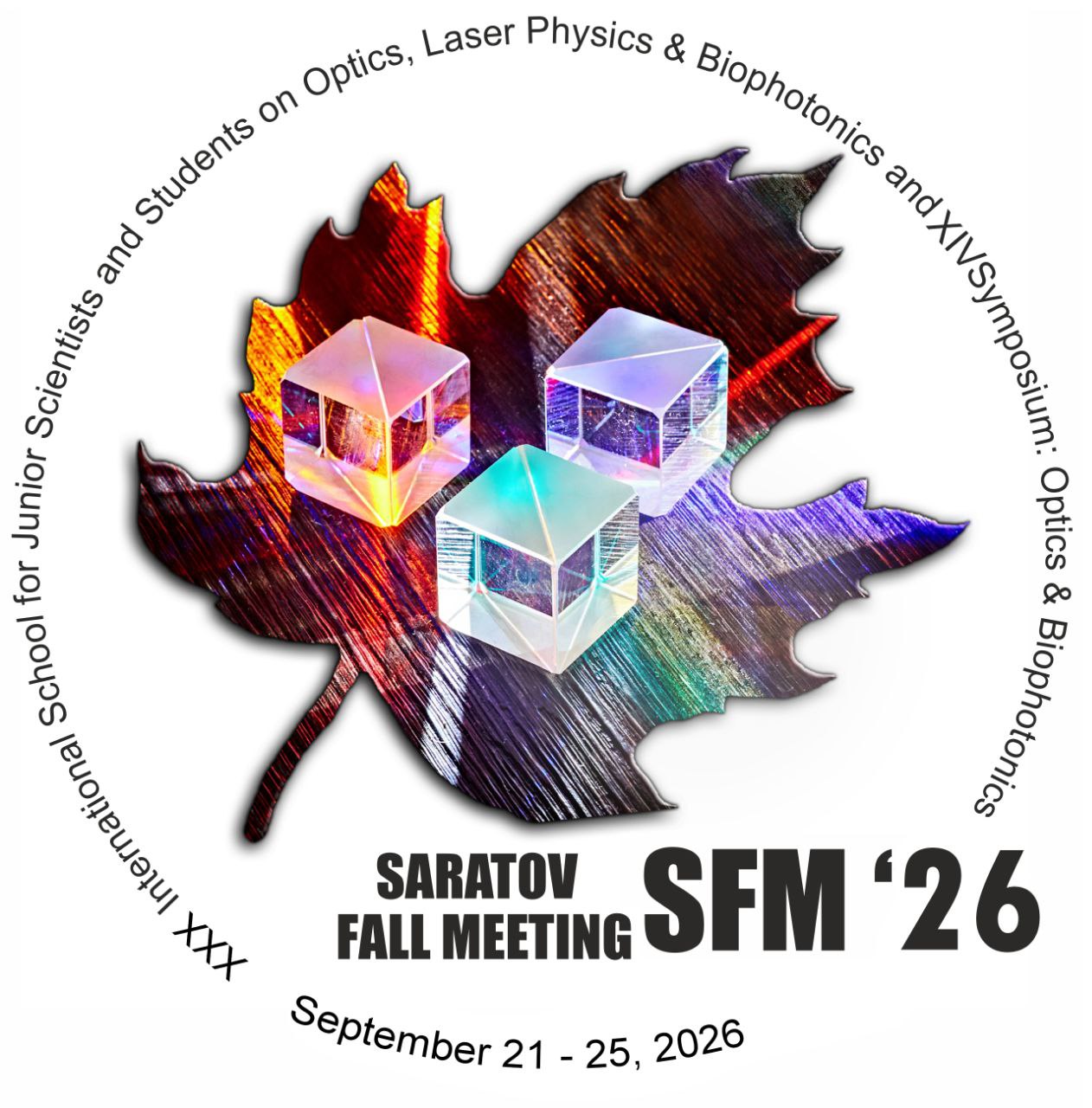Raman spectroscopy for evaluation of the bladder capsule after the lyophilization process
Elena V. Timchenko1,2*, Pavel E. Timchenko1,2, Larisa T. Volova2, Oleg O. Frolov1, Ekaterina S. Semibratova1; 1Samara National Research University, Samara, Russia; 2Samara State Medical University, Samara, Russia
Abstract
Currently, the assessment of the composition of donor materials is an urgent task for their subsequent use in regenerative medicine. The lyophilization process is one of the methods of preservation of biological products. However, it has not been fully studied how much the structure of biomaterials changes after the lyophilization process. Optical research methods have become widely used in solving various biomedical problems.
Allogeneic capsules of the bladder of various donors, measuring 1.5x1.5cm±2mm, were used as objects of research. After removal, some of the biomaterials were placed in saline solution with an antibiotic and stored at a temperature of t=+4°. Further, on the day of the study, the biomaterial was placed in distilled water. And the other part of the biomaterials, from the same donors, was lyophilized using the "LIOPLAST" technology (TU-9398-001-01963143-2004).
To increase the information content of the obtained Raman spectra, a nonlinear regression analysis of the spectra was performed, consisting in their decomposition into spectral lines. The composition of spectral lines is determined based on the analysis of literature and multi-iterative modeling of Raman spectra.
As a result of the conducted studies using Raman spectroscopy, it was found that the lyophilization process carried out using the "LIOPLAST" technology does not significantly affect the composition and structure of the bladder capsule. The statistical analysis also showed that there were no significant spectral differences in the composition of the samples under study.
Speaker
Ekaterina S. Semibratova
Elena V. Timchenko, Pavel E. Timchenko, Larisa T. Volova, Oleg O. Frolov
Russia
Report
File with report
Discussion
Ask question


